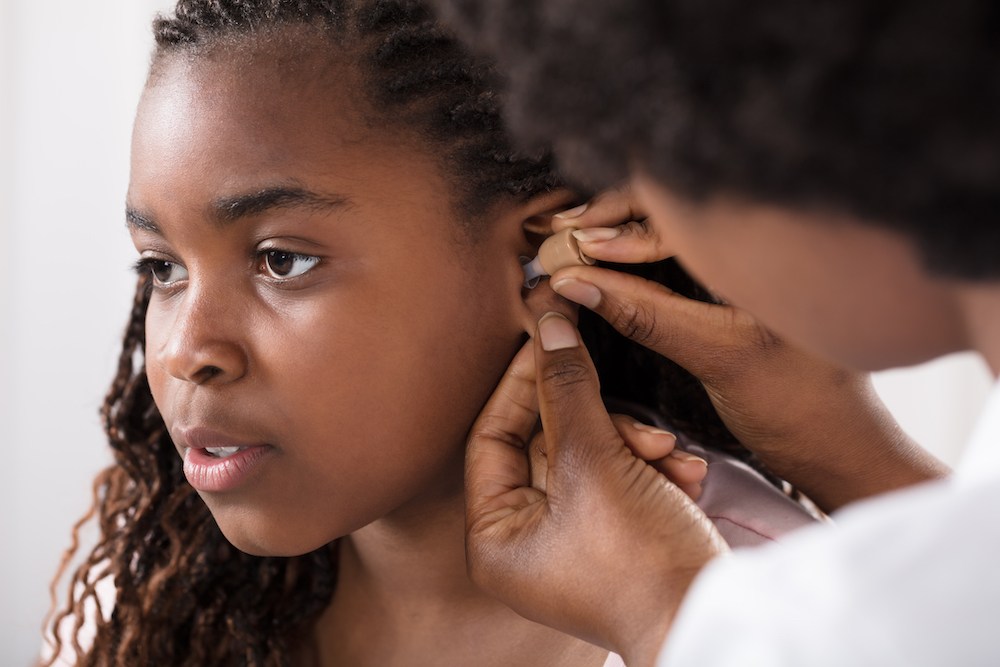How to Manage Sinus Issues During Spring
Spring brings renewal and warmer weather, but for many of us, it also


Spring brings renewal and warmer weather, but for many of us, it also

Even as winter begins to fade, unpredictable cold spells and moisture

FOR IMMEDIATE RELEASE Three Physicians at Grand Rapids Ear Nose &